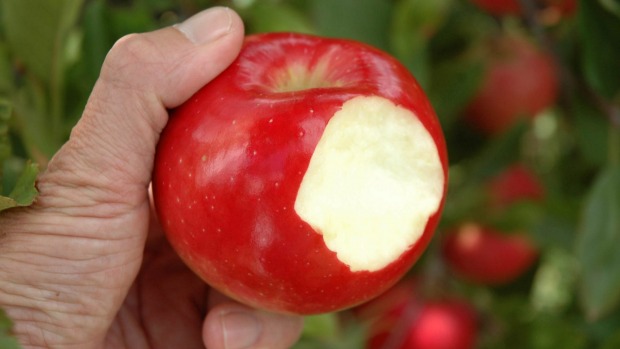Fruits, vegetables can help prevent depression
Almudena Sanchez-Villegas, study author and field expert from the University of Las Palmas de Gran Canaria, gave a statement saying that people who would like to lower their chances of experiencing depression “can eat everything, but everything in moderation” as long as they make sure to add a lot of fruits, vegetables, nuts and fish to their diets. All of these were proven to produce positive effects on one’s health but according to the finding of the study, better compliance on the three diets which are all similar, was linked to reduced risk of depression among Spanish adults. Meat and candies were scored negatively, since they are a source of saturated and trans fats, while fruits, nuts, and veggies scored positively as sources of vitamins, minerals, and omega-3 fatty acids.
A total of 15,093 participants from the SUN (Seguimiento Universidad de Navarra) Project were assessed.
So scientists say common nutrients and food items such as omega-3 fatty acids, vegetables, fruits, beans, nuts and moderate alcohol intake present in both patterns could be responsible for cutting the risk of depression. The cohort has been used to identify dietary and lifestyle determinants of various conditions, including diabetes, obesity and depression. First and foremost, this was an observational study, not a randomized controlled trial, which means it can’t prove that participants’ eating habits caused changes that prevented depression.
The research team compared the effects of three diets on mental health which included the Mediterranean diet, the Pro-vegetarian dietary pattern and the Alternative Healthy Eating Index 2010.
The nutritionist noted that even a moderate adherence to these three healthier dietary plans was associated with a decreased risk of developing depression.
In spite of the benefits of the Alternative Healthy Eating Index-2010, the researchers didn’t see any increased benefits when the diet is followed consistently. “This dose-response pattern is compatible with the hypothesis that suboptimal intake of some nutrients (mainly located in low adherence levels) may represent a risk factor for future depression”.
Sanchez-Villegas also said, “The noticeable difference occurs when participants start to follow a healthier diet”. Eight and a half years later, when the study concluded, 1,550 had developed depression or had taken antidepressant medication. “However, we saw no extra benefit when participants showed high or very high adherence to the diets”.
As this study is reliant on self-reporting from its participants and only measured dietary adherence at two points in time, the researchers state that more research is needed to explore this possible dose-response pattern.








